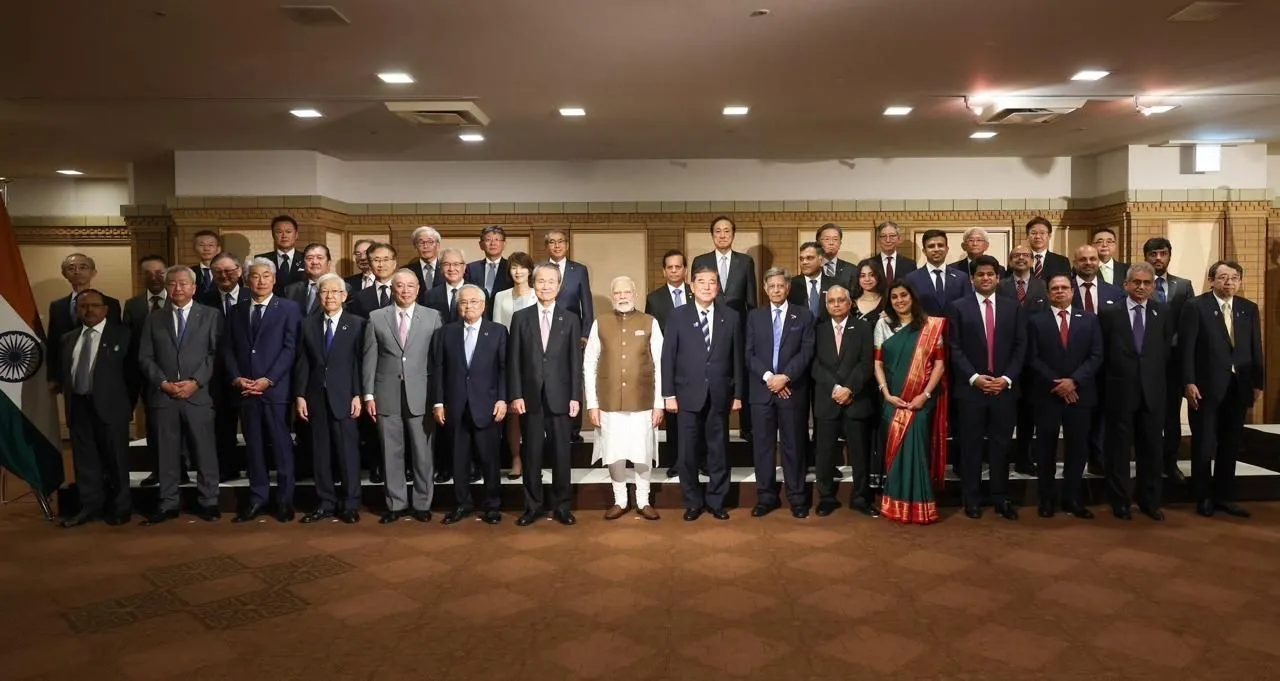DSA Correspondent
Fordo Dilemma: Will the U.S. Join the Israel-Iran War?
As the Israel-Iran conflict enters its fifth day, the world is watching closely to see whether the United States will cross a line it has avoided for years—direct military action against Iran’s most secure nuclear facility: Fordo.
Buried deep inside a mountain, Fordo is Iran’s most heavily fortified nuclear site. Designed to survive even the most advanced airstrikes, it is out of reach for almost every air force in the world—except the United States. Only one weapon exists today that could potentially destroy it: the GBU-57 Massive Ordnance Penetrator, a 30,000-pound “bunker buster” bomb deliverable only by a B-2 stealth bomber. Israel doesn’t have either.
Source: aeroflap
What’s at stake?
Israel has achieved full air superiority over Iran, military experts say, but it still lacks the firepower to penetrate deep enough into the mountain to destroy Fordo. This site is not just another nuclear facility. In March 2023, the International Atomic Energy Agency (IAEA) confirmed that Iran had enriched uranium here to 83.7% purity—alarmingly close to the 90% needed for nuclear weapons.
The U.S. has long declined to give Israel its bunker buster bombs, fearing they could be used to start a regional war. Former CENTCOM Commander General Joseph Votel confirmed, “We didn’t want them to use them. It’s more of a deterrent than a shareable tool.”
A make-or-break moment for Trump
Now, all eyes are on President Donald Trump. His recent social media post warning civilians to "immediately evacuate Tehran" has only intensified speculation that Washington may be preparing for a high-risk operation.
Trump’s team is reportedly weighing a possible direct U.S. strike on Fordo. Diplomacy, however, hasn’t been ruled out completely. Special Envoy Steve Witkoff and Vice President J.D. Vance are believed to be exploring a backchannel with Iran’s seasoned negotiator and foreign minister Abbas Araghchi. Yet, time is running out.
Israeli options—and limitations
Israeli military planners have considered striking power plants and grids that support Fordo. That might temporarily halt enrichment operations, but not destroy the facility itself. Earlier, Israel also presented a daring plan involving commandos to infiltrate and demolish the facility—a plan similar to its 2024 mission in Syria against a Hezbollah missile factory.
But Fordo is a different beast.
“It’s the most protected nuclear site in Iran,” says Prof. Vali Nasr, a prominent Iran expert. “It was designed after 1981, when Israel bombed Iraq’s reactor. Iran learned the lesson.”
What happens next?
If the U.S. proceeds with the operation, it becomes an active participant in a new Middle East war. If it holds back, Israel’s strategic goal of stopping Iran’s nuclear progress may fail. Either path comes with immense geopolitical consequences.
“This is not just about a bomb or a bunker,” one defence analyst put it. “It’s about shaping the future of West Asia—and America’s role in it.” History, as they say, is being written now—one decision at a time.
.webp)
-min.webp)

.webp)
.webp)
.webp)
.webp)
.webp)
.webp)



 9958382999
9958382999
